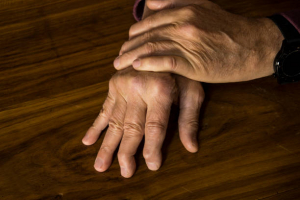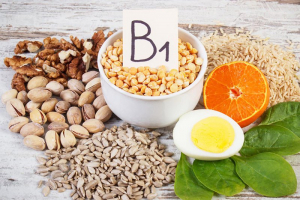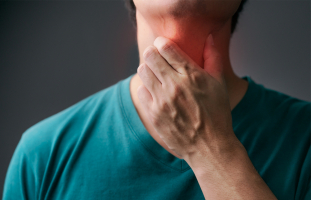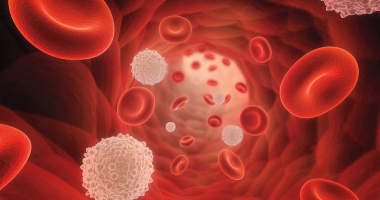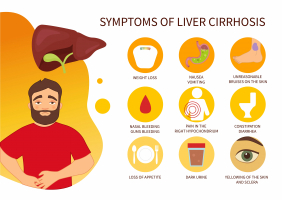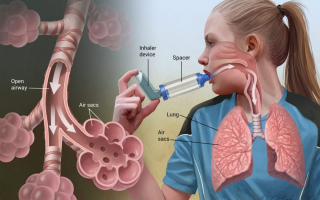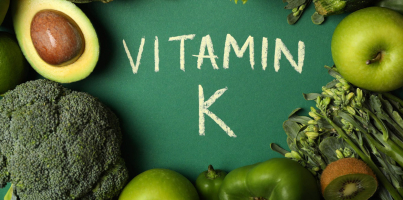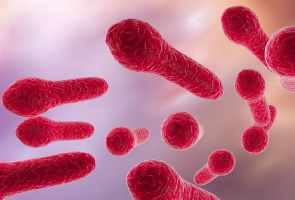Top 9 Signs and Symptoms of Irritable Bowel Syndrome (IBS)
Between 6 and 18% of people around the world suffer from irritable bowel syndrome (IBS). This condition involves changes in frequency or form of bowel ... read more...movements and lower abdominal pain. Symptoms may be caused by changes in gut flora, poor sleep, stress, and diet. This article will go through IBS's most typical signs and symptoms, scroll down for more information!
-
Abdominal pain, the most typical symptom, is essential to the diagnosis. Both your stomach and brain work together to regulate digestion. The good bacteria in your stomach release hormones, nerves, and signals that allow this to happen.
These coordinated signals are disrupted in IBS, causing uncoordinated and uncomfortable tension in the muscles of the digestive system. The upper abdomen alone is more likely to experience this discomfort than the lower abdomen or the entire abdomen. The pain often goes away after having a bowel movement. Pain and other symptoms may be reduced with dietary changes, such as a FODMAP-free diet. Hypnotherapy, cognitive behavior therapy, and bowel relaxants like peppermint oil are among the therapies. If the discomfort continues after these changes, a gastroenterologist can help to find a medication that has been shown to effectively treat IBS symptoms.
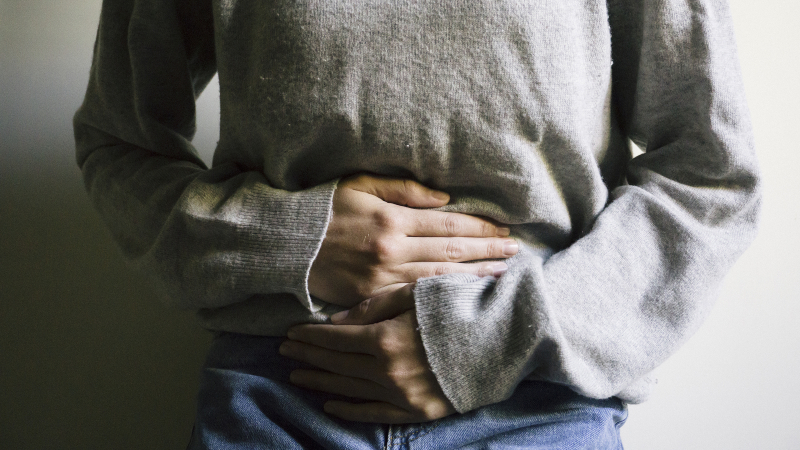
Pain and Cramping 
Pain and Cramping -
IBS-D, or IBS with diarrhea, is a common term for this kind of IBS. In addition to frequent bowel movements, IBS-D patients also experience abdominal discomfort and other IBS symptoms.
IBS-D is one of the disorder's three main types. It affects about one-third of IBS patients. According to a study of 200 adults, those with diarrhea-predominant IBS had an average of 12 bowel movements each week, which is more than twice as often as those without IBS. A sudden, urgent need to go to the toilet might also be brought on by accelerated bowel transit in IBS. Some patients report this is a major source of stress for them, to the point where they avoid some social situations out of concern about a sudden onset of diarrhea. The diarrhea-predominant type of stool also has a tendency to be loose and watery, and it may also contain mucus.

Diarrhea 
Diarrhea -
IBS can cause both diarrhea and constipation. Because the main bowel habit might alter with time, as a result, even if constipation is your main symptom, you might sometimes experience diarrhea. Constipation-predominant IBS is the most common type, affecting nearly 50% of people with IBS.
Stool transit times may be accelerated or slowed down by altered communication between the brain and bowel. As transit time increases, the gut takes in more water from the stool, making it harder to pass. Less than three bowel movements each week is considered constipation. “Functional” constipation describes chronic constipation not explained by another disease. It is very common and has nothing related to IBS. Functional constipation is distinct from IBS in that it typically doesn't hurt. Conversely, IBS constipation also includes abdominal pain that resolves with bowel movements.
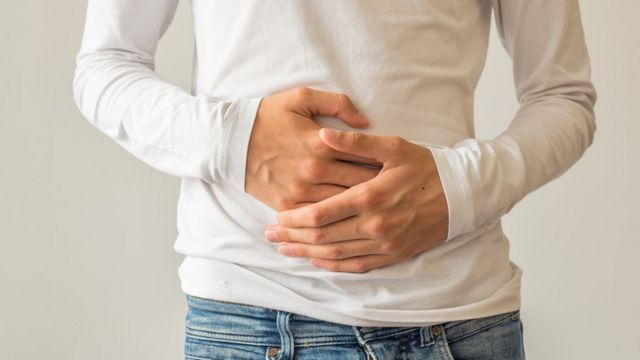
Constipation 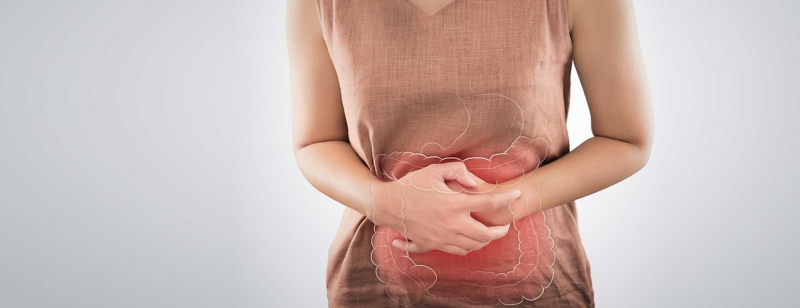
Constipation -
Diarrhea can occasionally affect anybody. Constipation is the same way. But if you have both of these frequently, you could have a type of irritable bowel syndrome (IBS). You may have IBS-M, the mixed type. Doctors are unsure of the exact cause of the condition. There are several potential causes such as your genes. infections, inflammation, your diet..., each of which may vary from person to person.
About 20% of IBS patients have alternating or mixed constipation and diarrhea. Constipation and diarrhea associated with IBS involve chronic, recurring abdominal pain. Compared to the others, this kind of IBS is typically more severe and characterized by frequent, severe symptoms. Additionally, mixed IBS symptoms differ greatly between people. As a result, rather than "one-size-fits-all" advice, this condition needs an individualized treatment plan.

Alternating Constipation and Diarrhea 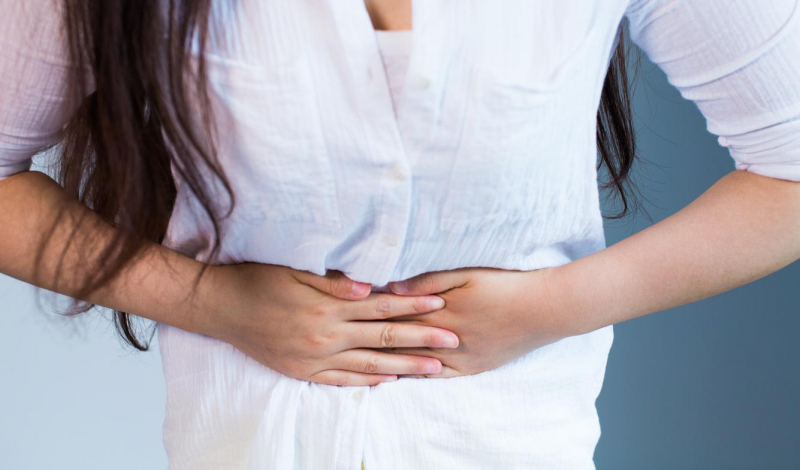
Alternating Constipation and Diarrhea -
People have different bowel habits. Even though sudden changes are frequently harmless, they might be a sign of an underlying medical disease, such as irritable bowel syndrome (IBS). As the gut absorbs water, slow-moving stool in the intestine often becomes dehydrated as a result. This then results in hard stool, which can make constipation symptoms worsen. Contrastly, the intestines move the stool quickly, and there is little time for water to be absorbed, which leads to loose stools that are a sign of diarrhea.
Mucus buildup in the stool is another symptom of IBS, which is unusual compared to other constipation causes. You should see your doctor if you notice any blood in your stool since it might be a sign of another, possibly dangerous medical issue. Though blood in the stool may initially seem red, it sometimes takes on a very dark or even black with a tarry consistency.

Changes in Bowel Movements 
Changes in Bowel Movements -
More gas is produced in the gut as a result of altered digestion in IBS. Uncomfortable bloating may result from this. One of the most annoying and chronic symptoms of IBS, according to many people with the condition, is bloating.
A study of 337 IBS patients found that 83% of them had cramping and bloating. Both signs and symptoms were more prevalent in women and in IBS with a constipation-predominant or mixed type. According to studies, people with IBS have difficulty getting rid of gas, which may be related to issues with the nerves and muscles in their gut. Because everyone experiences IBS differently, keeping a food diary may be helpful to identify the foods that make you feel sick. Once you know the problem foods, you can avoid them. These conditions can be reduced by avoiding lactose and other FODMAPs.
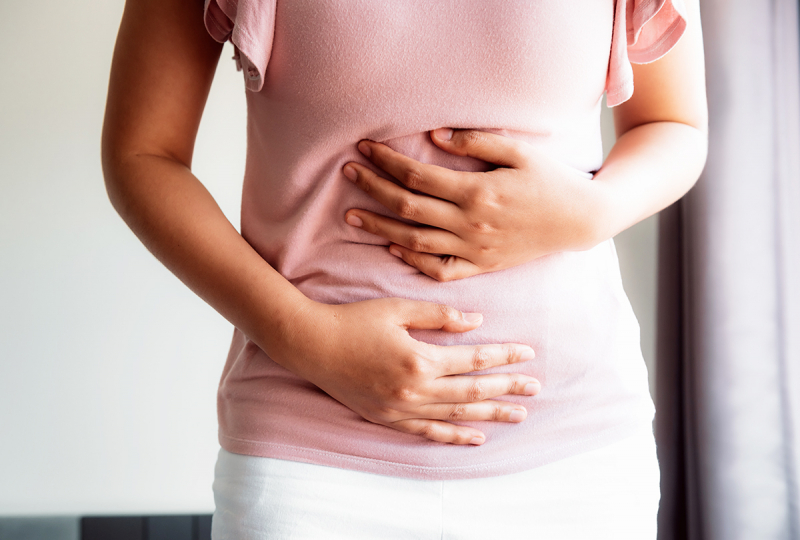
Gas and Bloating 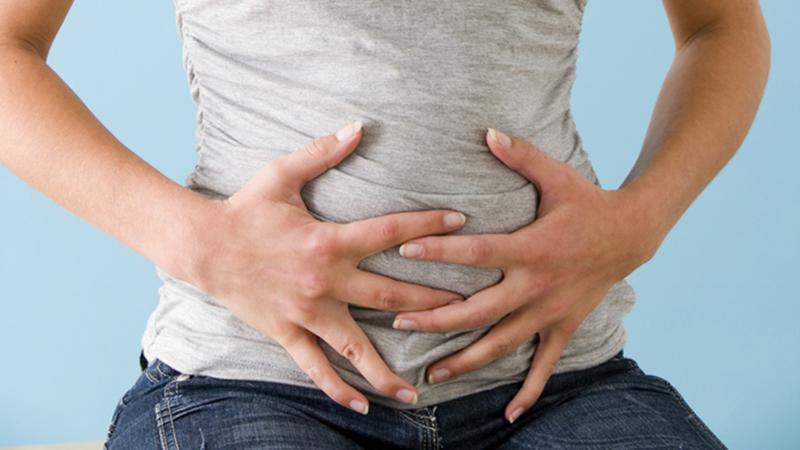
Gas and Bloating -
Food intolerance is when your stomach is particularly sensitive and responds to foods that cause spasms and distend it with gas or fluid. With 20 to 65% of IBS patients attributing their symptoms to food intolerance, it appears that the rate of food intolerance in the IBS population is higher than in the general population.
Up to 70% of IBS patients claim that certain foods make their symptoms worse. Two-thirds of IBS patients consciously avoid particular foods. These people occasionally cut off several different foods from their diet. It's unknown why certain foods cause symptoms. While each person's trigger foods are different, some typical ones include lactose, gluten, and foods that cause gas, such as FODMAPs.

Food Intolerance 
Food Intolerance -
Fatigue is reported by more than half of IBS patients. 160 adults with IBS reported having reduced stamina in one research, which prevented them from pushing themselves physically during work, leisure, or social activities.
Another study including 85 people discovered that the severity of the individuals' symptoms was a predictor of their level of exhaustion. Along with difficulty falling asleep, frequent wakefulness, and a lack of sleep in the morning, insomnia is another condition associated with IBS. In one research including 112 adults with IBS, 13% of them reported having poor sleep. Another research of 50 men and women discovered that people with IBS slept an hour more than those without the condition, they woke up being less refreshed. Poor sleep also predicts worse gastrointestinal problems the next day.

Fatigue and Difficulty Sleeping 
Fatigue and Difficulty Sleeping -
According to research, irritable bowel syndrome doesn't cause depression, and depression doesn’t cause IBS. However, the two coexist for a lot of people. One condition may occasionally exacerbate another.
IBS sufferers had over 50% higher risk of having an anxiety condition and over 70% higher chances of having a mood disorder, such as depression, according to a major study including 94,000 men and women. Cortisol levels in patients with and without IBS were compared in one different research. When given a public speaking task, those with IBS showed more cortisol changes, suggesting higher stress levels. In addition, a different study discovered that anxiety management treatment decreased stress and IBS symptoms.

Anxiety and Depression 
Anxiety and Depression














